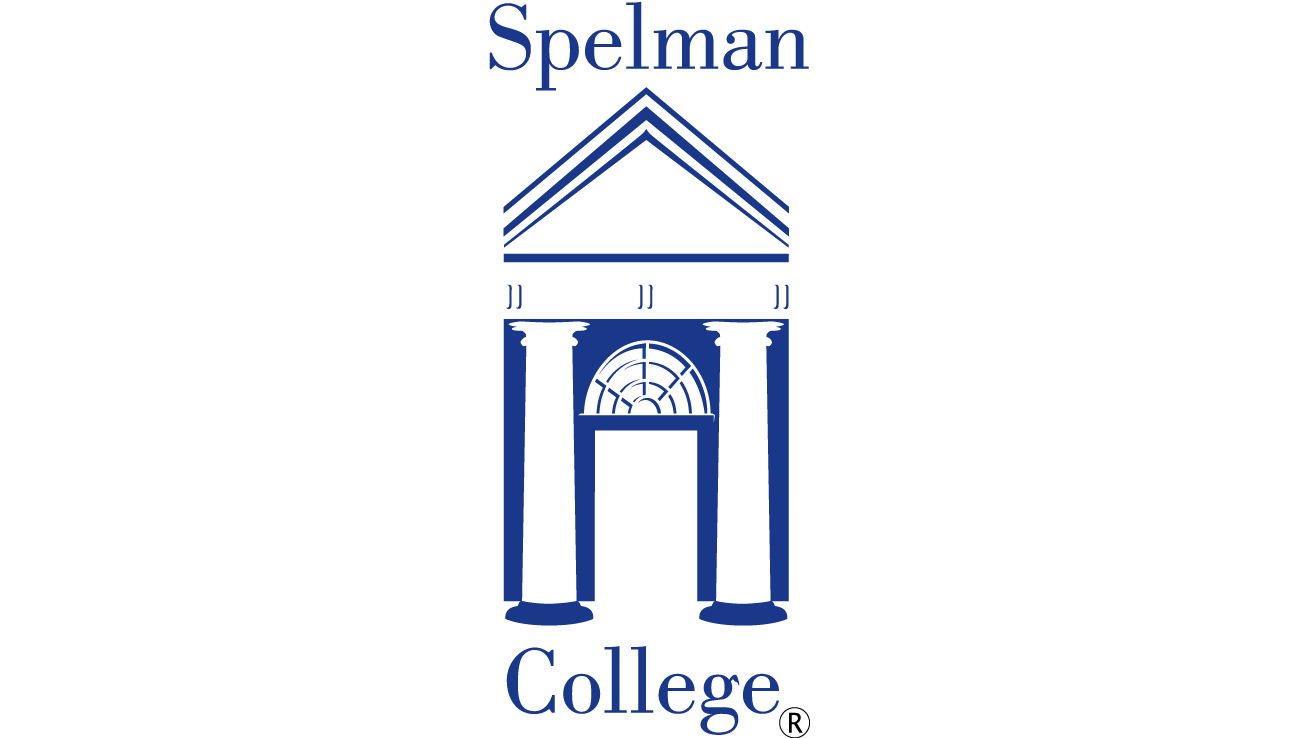Update, Aug. 20: Faculty will return to in-person teaching on Monday, August 23, according to Spelman. “The College continues to work with the faculty to provide additional guidance on health and safety protocols as rapidly changing circumstances around COVID-19 continue to develop,” Mary Schmidt Campbell, President of Spelman, said in a statement to The Plug.
On Thursday, just one day after the fall semester started, the Spelman College Faculty Council told students they are refusing to teach in-person classes due to concerns with the school’s health and safety protocols, highlighting the difficulties many colleges are facing with the more contagious Delta variant.
In an email obtained by The Plug, the council said, “[F]aculty have not received clear and enforceable protocol and safety guidelines that will ensure our health and wellbeing when teaching face-to-face. While awaiting acceptable responses to these concerns, we have decided not to teach in-person. Most faculty will use alternative instructional methods for course delivery.”
“It was a shock,” Kaylin Daigle, a junior at Spelman, told The Plug. “We knew that there was always a possibility that this could happen, but we did not think that it would be an executive decision by the faculty, which means that there is a disconnect between the administration and the faculty.”
The move means classes at the Atlanta HBCU will likely be virtual until professors and the administration reach an agreement on health guidelines, although it is unclear which elements of the school’s protocols faculty are objecting to. Members of the Faculty Council did not respond to requests for comment.
Daigle said one of the main things professors did not like was that per the school’s faculty guidance for this semester, vaccinated students and faculty who are in class or close contact with another student who tests positive for coronavirus do not have to quarantine and can continue going to class, though they are required to be tested three to five days post-exposure.
On Twitter, Spelman psychology professor Natalie Watson-Singleton said faculty “have taken action in the spirit of collective care for our communities.”
We're are not on strike but have taken action in the spirit of collective care for our communities https://t.co/8HrogoeaJ9
— Natalie N Watson-Singleton (@DrNatalieWS1) August 19, 2021
In a statement sent to The Plug, Spelman said it was implementing mandatory vaccinations for all faculty, staff and students, along with masking and periodic testing and that the school welcomed faculty input.
“The College remains open for in-person instruction,” the statement added.
Balancing in-person risks and cost of school
Daigle said she and her fellow students were not upset with the faculty, adding that safety comes first. But she said the sudden move to virtual learning comes weeks after many Spelman students — mostly upperclassmen — had to scramble to find housing in Atlanta after college officials informed them they wouldn’t be able to live on-campus.
“A majority of us had to find off-campus housing in a very limited amount of time. It is really expensive,” she said.
“Which is why this whole thing is such a big deal for the students because if we had had a virtual option, a lot of us wouldn’t be in this predicament,” Daigle added.
Since March 2020, colleges have had to figure out how to balance keeping students safe with the reduced revenue that comes from not having students on campus.
But students have also had to balance sudden changes in their families’ financial situations with continuing their education.
HBCU students have especially struggled with this since most of these schools tend to accept students who come from low-income families. A report by the United Negro College Fund last summer found that 54 percent of the HBCU students surveyed said they were facing financial challenges due to the pandemic.
Daigle said students have had to take out larger loans or work full-time jobs to help cover the cost of housing that they are now unsure is even necessary and there has been a feeling of disconnect with the administration.
She also said Spelman’s move to clear outstanding student balances last month did not impact a lot of students, although their decision to reset tuition and fees for the fall semester to rates from four years ago has helped. She added that students also received stipends this summer ranging from $1,000 to $3,000 from the school.
However, it is unclear if students would be reimbursed for tuition and fees if classes remained virtual the rest of the semester.
Spelman is not the only HBCU to have a sudden disruption to the fall semester due to the pandemic. On Monday, South Carolina State University told students just two days before classes were set to begin that they were postponing the first day until the following week to allow time to develop additional campus safety protocols in light of the uptick of Covid cases in South Carolina.
“Starting the academic year three days later will allow the university to educate new and returning students about the COVID-19 virus while encouraging them to take advantage of vaccination clinics that will be set up on campus,” Acting President Alexander Conyers said in a statement sent to The Plug. The school has since mandated masks on campus.
For Daigle, she hopes to see the Spelman administration give faculty the option to teach virtually if they want. As it stands, only faculty who have “exceptional circumstances” are teaching online, according to the school’s faculty guidance.
She also hopes that the school will give students some funding to help with the costs of having to find last-minute housing off-campus.








